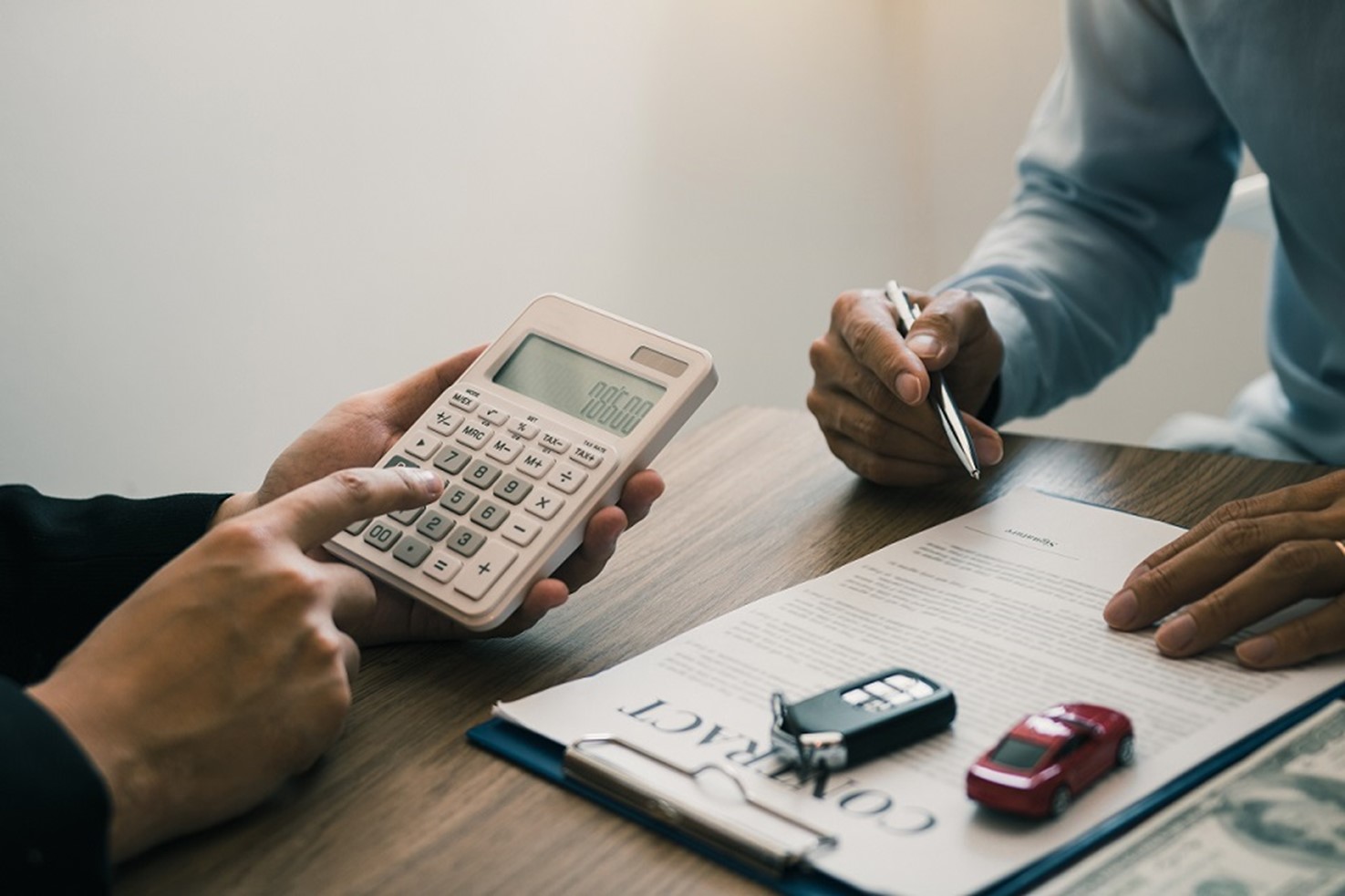A person under arrest has certain rights protected by the Canadian Charter of Rights and Freedoms. One of these rights is the “right to silence”. The right to silence is very well known, but is rarely used by victims. It can help avoid certain convictions.
To learn more about this right, the administratives lawyers at Bégin Avocat have written this article to inform you.
Why remain silent during an arrest?
If a person is arrested, the police should explain to the person in simple terms the reasons for the arrest. These are called Miranda Rights. The person then has a better understanding of the situation and can make decisions about their other rights, such as talking to a lawyer or remaining silent. If you give up this right, anything you say can and will be used against you in court.
You may think that some of the information you give the police is not important, but you cannot be sure. The people who accused you could use these statements against you, even if they are not related to the accusation itself. It may be better to not say anything at all.
Remember that silence can be broken in ways other than words. A gesture, nod or other action on your part can be noticed by law enforcement and used against you.
Obligatory identification of yourself
The only obligation you have if you get arrested is to prove your identity. In fact, if the police ask you to show an identification document, you are under obligation to provide it to them.
Any other requests from law enforcement can be carried out without words from you.
How to exercise your right to silence
You should be aware that police officers may use interrogation techniques to try to get you to talk and may be particularly insistent at times. You may have to say several times that you want to exercise your right to silence. But to make it easier, don’t say anything.
In addition to insistence, the police may try to pressure you to talk. They may say that you will be taken into custody if you don’t talk, or that your situation will get worse if you remain silent. But it is important to remember that all they want is for you to admit that you are guilty of a crime. You are presumed innocent until proven guilty.
Save all of your comments for your IVAC lawyer and the judge. This will ensure that your rights are protected in the best way possible, otherwise you may regret it.
What if my rights are not respected?
Police officers have an obligation to inform you of your rights at the time of arrest. There may be times when they neglect this step. It is then imperative that you be able to remember certain elements that occurred during the police intervention:
- The words used by the police
- The circumstances of the intervention and how it unfolded
In order not to forget important information, write it down as soon as you can. This could be extremely useful in a possible trial.
Get professional legal help with Bégin Avocat
The right to silence is a right that is sometimes not exercised by victims, due to the lack of knowledge of its implication and the pressure put on by some police officers during arrests. At Bégin Avocat, we ensure that you do not suffer any consequences of your arrest and we take care of building and following up on your case in court.
We have extensive experience in assisting and defending victims and we know that a conviction based on information given during an arrest is painful. To ensure that your rights are respected, contact our lawyers now!



